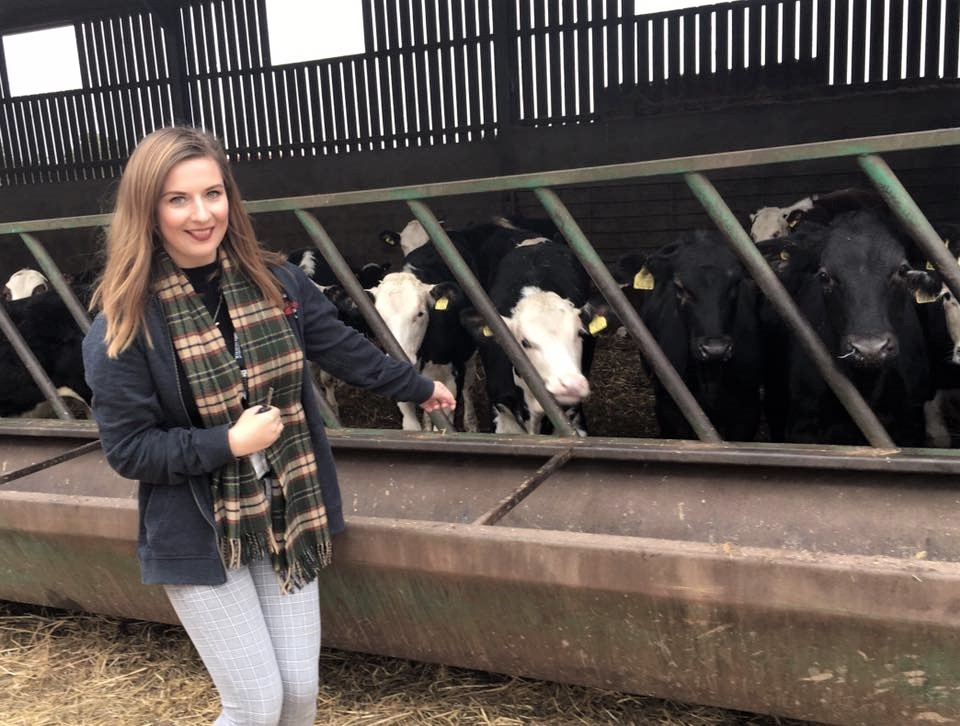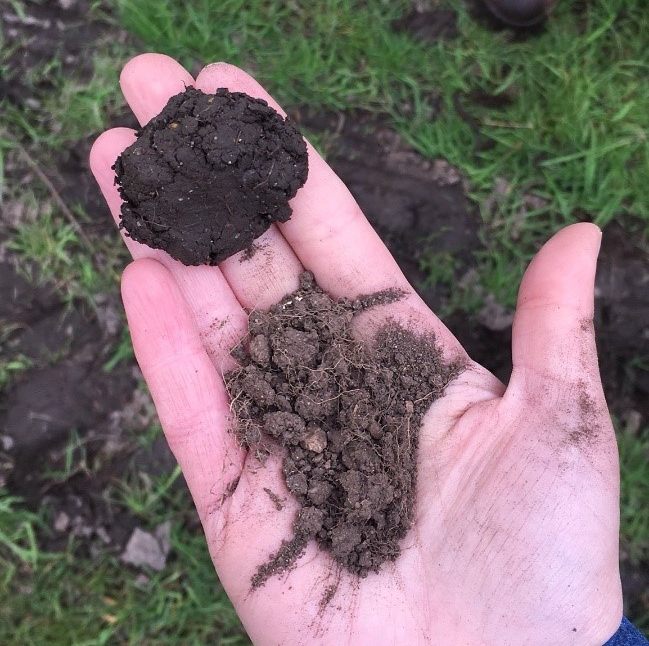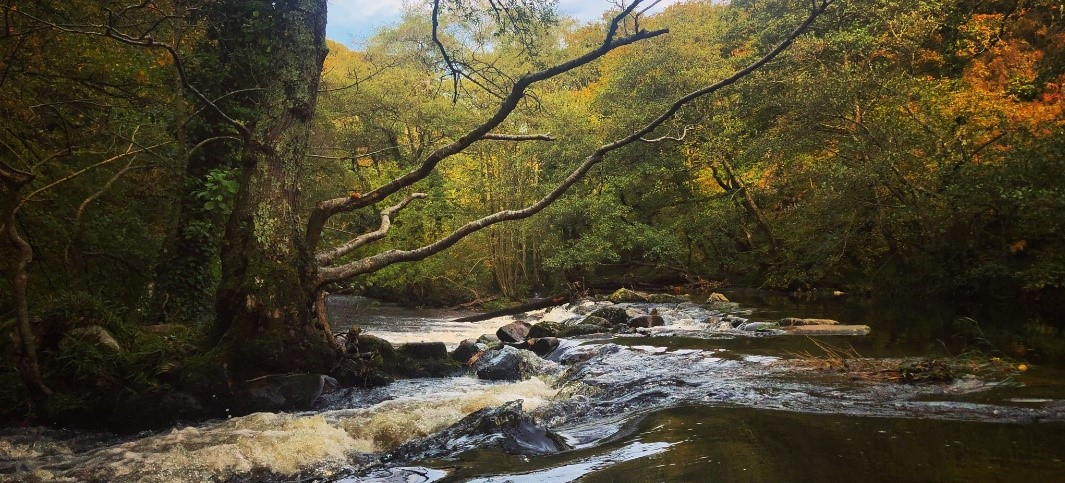I’m Charlotte Chivers. I joined the Landwise team in March 2020 as a part-time research assistant and will be conducting interviews with farmers in the Thames catchment for the project. I am also currently in the final year of my PhD exploring the role of agricultural advice for catchment management, which is being completed jointly at the University of Exeter, in the Centre for Rural Policy Research, and Rothamsted Research. As part of this work, I am involved in an Innovative Farmers trial facilitated by Thames Water in the Evenlode river catchment, which is enabling farmers to experiment with more water-sensitive farming practices including no-till and cover cropping. In my spare time, I write a blog about farming and the environment and enjoy hiking, wildlife watching, and volunteering at my local community farm.

The interviews I’ll be undertaking for Landwise will be with farmers who have already had soil samples taken by the project team at CEH and our partner farmer advisors for work package 2. The results of this soil sampling will be shared and discussed during the interviews, alongside finding out more about their farming practices and how they have changed or may change their practices in the future to increase water retention and improve soil health.

My PhD research explores whether agricultural advice provisioning surrounding diffuse water pollution from agriculture, for example, Catchment Sensitive Farming, is likely to remain credible, relevant and legitimate under future circumstances. I have undertaken mixed methods research for this research, which has included a large-scale online questionnaire survey of farmers, and telephone interviews and focus groups of farmers and farm advisors (e.g. Catchment Sensitive Farming officers). I’ve found getting to know farmers hugely rewarding and it has made me want to spend my career researching ways of tackling environmental issues by exploring the views of those affected by these problems.
I originally came from a natural sciences background, completing a degree in zoology at the University of Reading before spending 18 months as a veterinary parasitology research technician at the University of Bristol to explore ways of controlling livestock parasites. I then realised that I wanted to look at wider landscape-scale issues such as soil health and water quality instead, so began exploring opportunities. As a result, I was offered an interdisciplinary PhD and embarked on a journey into the social sciences, an adventure which has quickly made me realise that speaking to stakeholders (including farmers!) is crucial for finding solutions to the environmental problems we face today.
Whilst working on the Landwise project, I look forward to building trusting relationships with my farmer interviewees whilst gathering their important insights and hearing how they plan to farm in the future when considering soil health and flood management.

